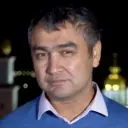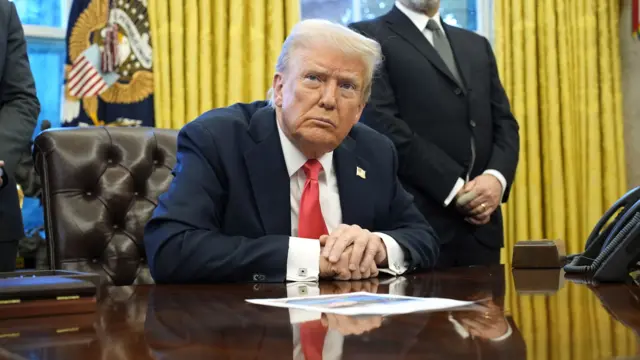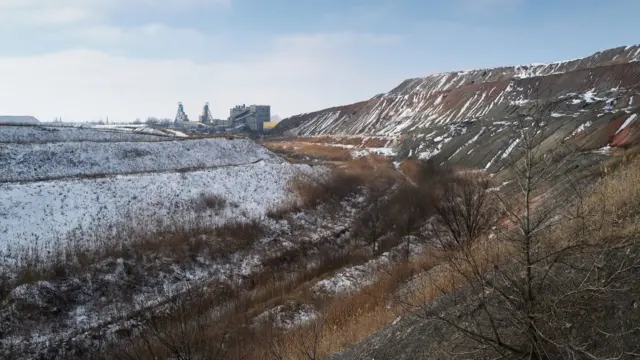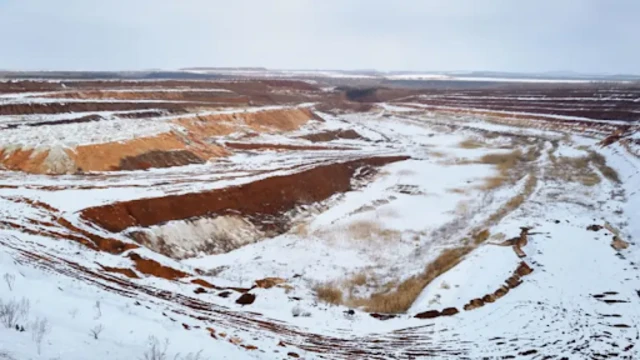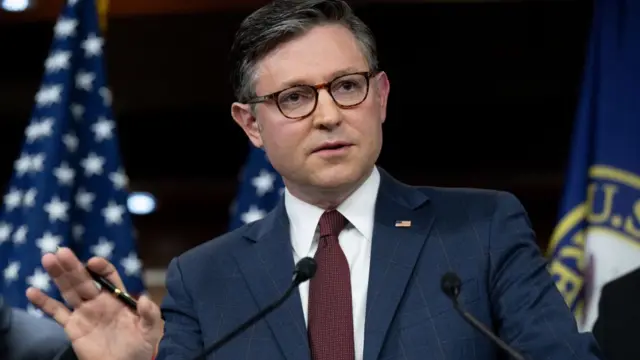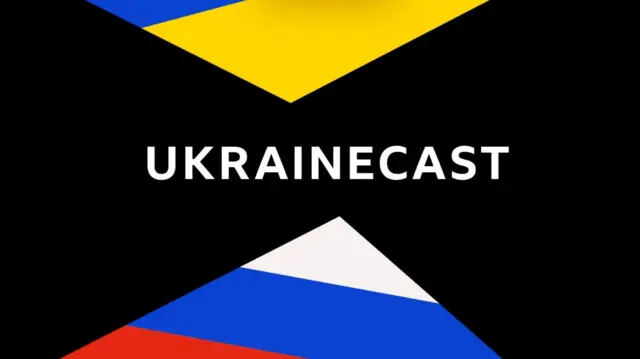We're ending our live coveragepublished at 23:56 GMT 25 February
We're closing our live coverage of the Russia-Ukraine war. Here's a rundown of today's toplines:
- The US and Ukraine have agreed the terms of a major minerals deal, a senior Ukrainian official has confirmed to the BBC
- Media reports indicate a revised version of the document appears to have dropped a US demand to get $500bn (£395bn) in potential revenue from utilising Ukrainian natural resources, writes the BBC's Abdujalil Abdurasulov
- However it reportedly does not give firm security guarantees to war-torn Ukraine - a key Ukrainian demand
- Trump has signalled that Ukrainian President Volodomyr Zelensky may visit the White House as soon as Friday to sign the deal
- Asked what Ukraine would get in exchange, Trump said: "The right to fight on"
- The latest developments come after a tense week in US-Ukraine relations, during which Trump called Zelensky a "dictator" and the Ukrainian leader accused Trump of "living in a disinformation space" created by Russia
- They also come as UK Prime Minister Keir Starmer warned of a "dangerous new era" ahead, saying on Tuesday that he will boost UK defence spending to 2.5% of GDP by 2027 and cut the aid budget
- Starmer's announcement comes ahead of a high-stakes meeting between him and Trump at the White House on Thursday
